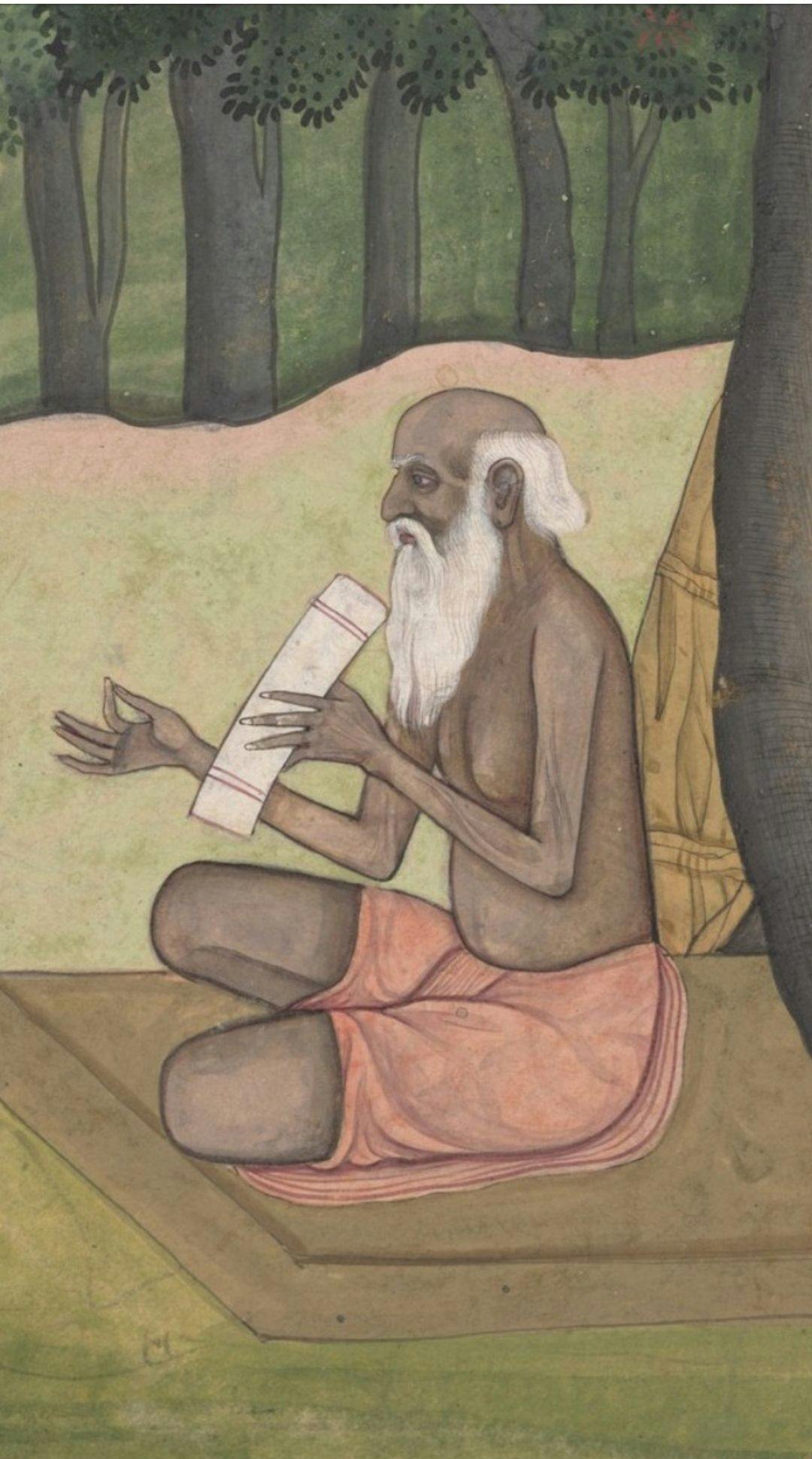Angira Smriti
Sage Angira is described in the Rigveda as a teacher of divine knowledge, a mediator between men and gods, as well as stated in other hymns to be the first of Agni-devas (fire gods). He is known by both names angiras and angira. In some texts he is called angiras and in some he is called angira. The Angira Smriti is divided into two sections-The Purva Angiras dealing with "Sraddha" in 1113 verses as a single chapter ; and the second Uttara Angiras in twelve chapters, which deals with the topics of Parisad and Prayaschitta etc.

0
Angira Smriti, also known as Angirasa Smriti or Angirasa Dharma Shastra, is an ancient Hindu legal text that belongs to the Dharma Shastra tradition. It is attributed to the sage Angiras, who is revered as one of the ancient seers and scholars in Hinduism. Angiras Smriti deals with various aspects of dharma (righteousness) and provides guidelines and principles for individuals and society to follow.
The text covers a wide range of subjects including social and moral principles, legal and ethical conduct, rituals, customs, and duties of individuals in different stages of life. It addresses topics such as marriage, inheritance, property rights, criminal law, civil law, and the conduct of kings and rulers. Angiras Smriti is considered an important source for understanding the ancient legal and social practices of Hindu society.
It should be noted that the exact content and availability of Angiras Smriti may vary, as it is one of the lesser-known and less-preserved texts compared to other prominent Dharma Shastra texts like Manusmriti and Yajnavalkya Smriti. However, references to Angiras Smriti can be found in later commentaries and works of scholars who have cited its teachings.
Overall, Angiras Smriti serves as a valuable resource for studying and understanding the ancient Hindu legal and ethical traditions, providing insights into the social, moral, and legal framework of ancient Hindu society.
...




